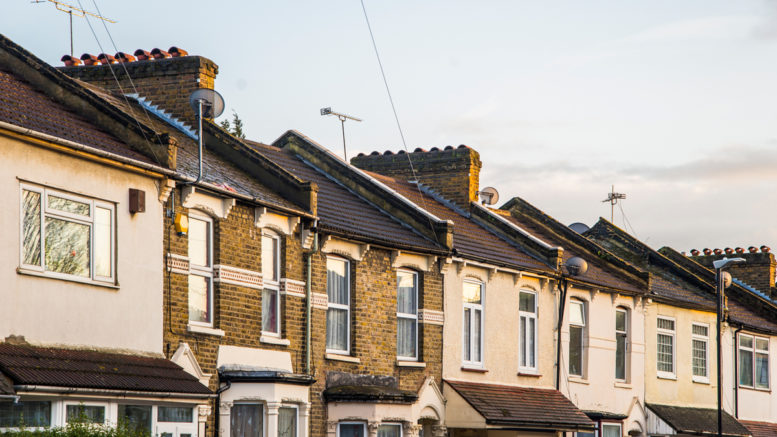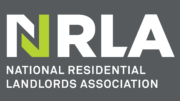There should be a new landlord and tenant dispute resolution body, similar to the employment body ACAS, the National Residential Landlords Association has said told government.
This would enable landlords and tenants to reach agreement without the need to go to court. Where cases do end up in court, they must be dealt with more efficiently, making use of video technology wherever possible.
The proposals are among a number put forward by the NRLA in a shadow white paper, produced in advance of Government’s own promised outline legislation for the sector. This is to include abolishing ‘Section 21’, so called ‘no fault’ repossession.
But before any changes are made, the NRLA said there should be a full assessment of the wide range of enforce powers councils already have for tackling the problem of rogue and criminal landlords. And this, it said, needs to be backed by ‘upfront, multi-year funding to help local authorities build the capacity to tackle bad practice.
‘Figures previously cited by the Government show that just 43 landlords are currently listed on the database of rogue landlords in England. This is despite Ministers’ previous suggestion that up to 10,500 rogue landlords may be operating in the PRS’.
The Government needs to address a chronic failure to tackle rogue landlords who put tenants at risk, said the NRLA. Without robust action to root out rogue and criminal landlords, government reforms will fail.
It is imperative any changes made work for both responsible landlords and tenants, said NRLA. To this end it has called for a system that provides a set of clear and comprehensive rights for landlords.
This would give landlords the ability to take back possession of properties but would balance these additional rights with robust protections for tenants.
‘We need to address the chronic failure to take action against rogue and criminal landlords’, said NRLA chief executive Ben Beadle.
‘As ministers develop their plans for the sector, they need to be clear whether any of what they propose will be properly enforced.
‘More broadly, it is vital that the forthcoming White Paper strikes a fair balance between the needs of both tenants and landlords. It is in that spirit that we continue to work with the Government and others to develop workable policies that protect tenants from bad landlords whilst ensuring good landlords have the confidence to provide the homes to rent the country desperately needs’.








